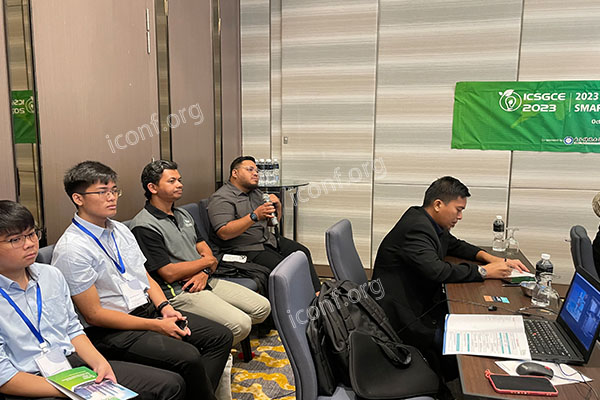A call for papers (CFP) is a formal invitation from academic conferences, journals, or workshops inviting researchers to submit their original work for consideration. For many scholars, responding to a CFP is a crucial step toward sharing research findings and gaining academic recognition.

A CFP outlines:
Conference themes or focus areas: Topics that submissions should address.
Submission guidelines: Formatting, length, and document types.
Key deadlines: Submission deadlines, notification dates, and camera-ready dates.
Presentation formats: Oral, poster, or virtual presentations.
A well-written CFP helps researchers understand exactly what is expected and how to prepare their submissions effectively.
Responding to a CFP is an opportunity to:
Showcase your research to an academic audience.
Receive feedback from peers and experts to strengthen your work.
Network with other scholars, which can lead to collaborations and new projects.
Build your academic CV through conference presentations and potential publication in proceedings.
To maximize your chances of acceptance:
Read the CFP thoroughly to understand the themes and requirements.
Craft a clear, focused abstract that highlights your objectives, methods, results, and contributions.
Follow all formatting and style guidelines strictly.
Proofread and revise your paper to ensure clarity and academic quality.
Once submitted, your paper typically undergoes:
Peer review, where experts evaluate your work for originality, significance, and clarity.
Acceptance or rejection, with possible requests for revision.
Registration, where at least one author must confirm attendance and present the work at the event.
Accepted papers may be published in conference proceedings and indexed in major academic databases, depending on the event.
Finding high-quality CFPs can be challenging, especially for early-career researchers. Platforms like iconf.org make it easier by:
Offering a curated list of active and upcoming CFPs across all disciplines.
Providing clear deadlines and submission details.
Helping you identify the most relevant conferences to advance your research.
A call for papers is more than just an invitation—it's a gateway to sharing your research, growing your academic network, and gaining global recognition. With proper preparation and the right opportunities, your research can reach a wider audience and have a greater impact.
Explore iconf.org today to find upcoming CFPs that align with your expertise and start preparing your next successful submission.